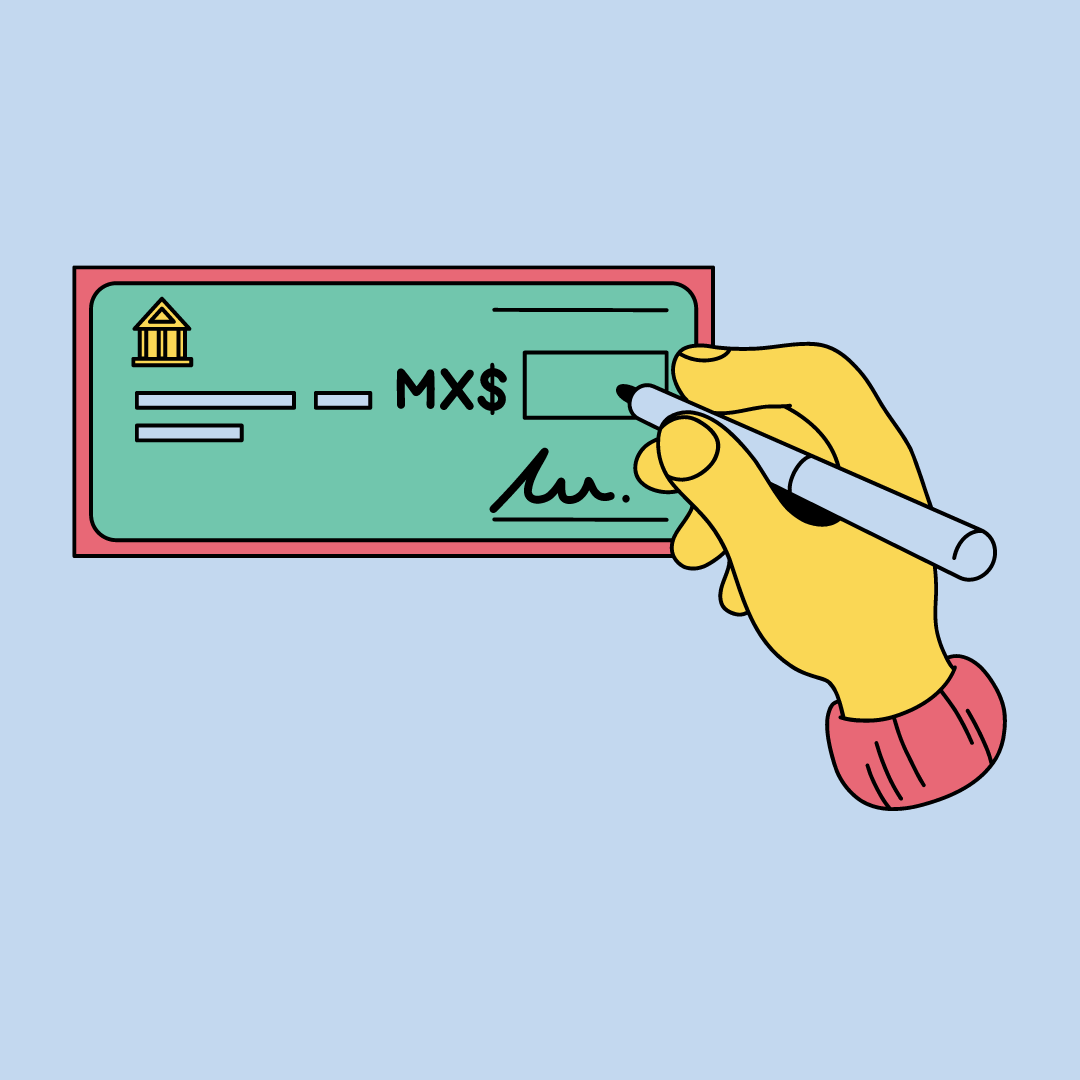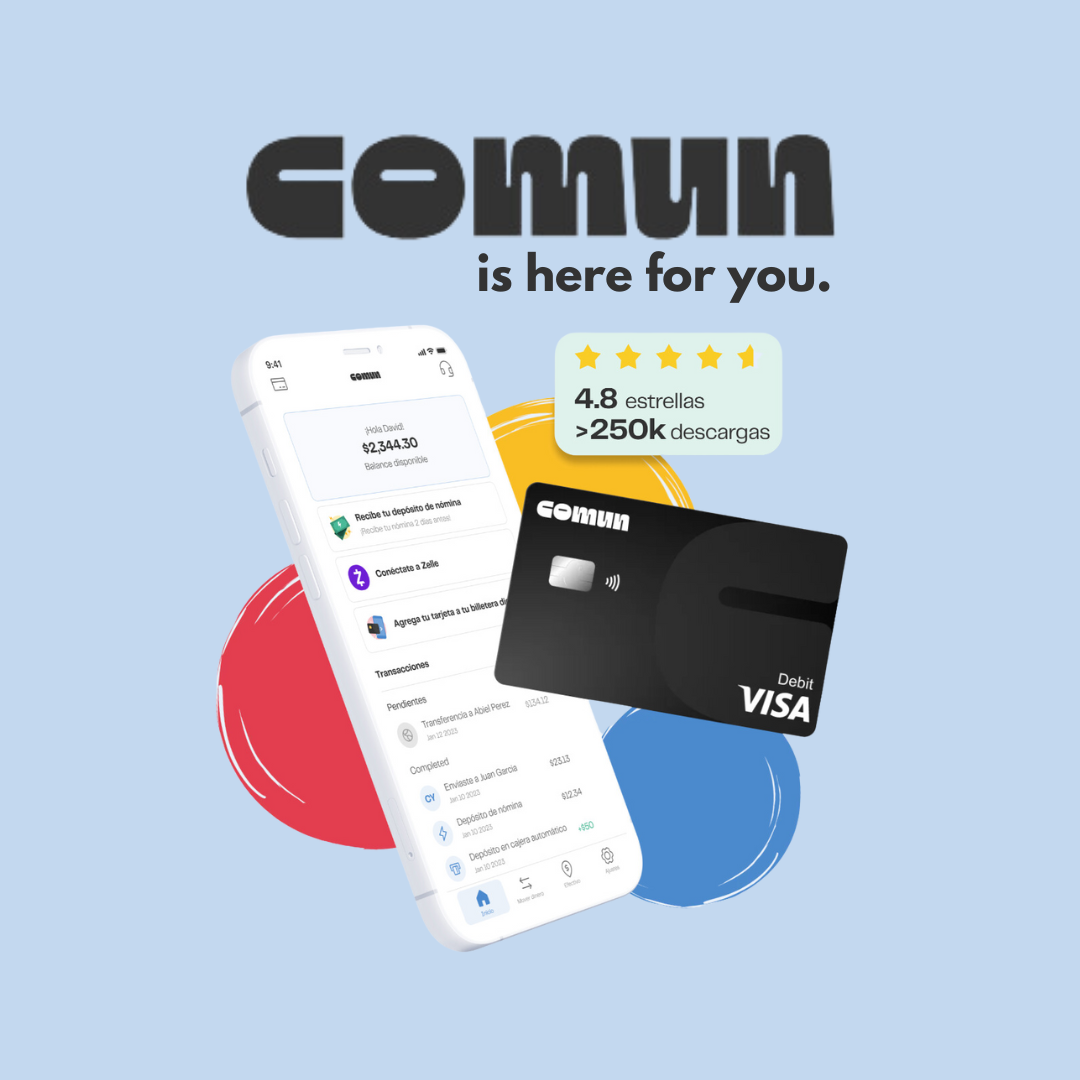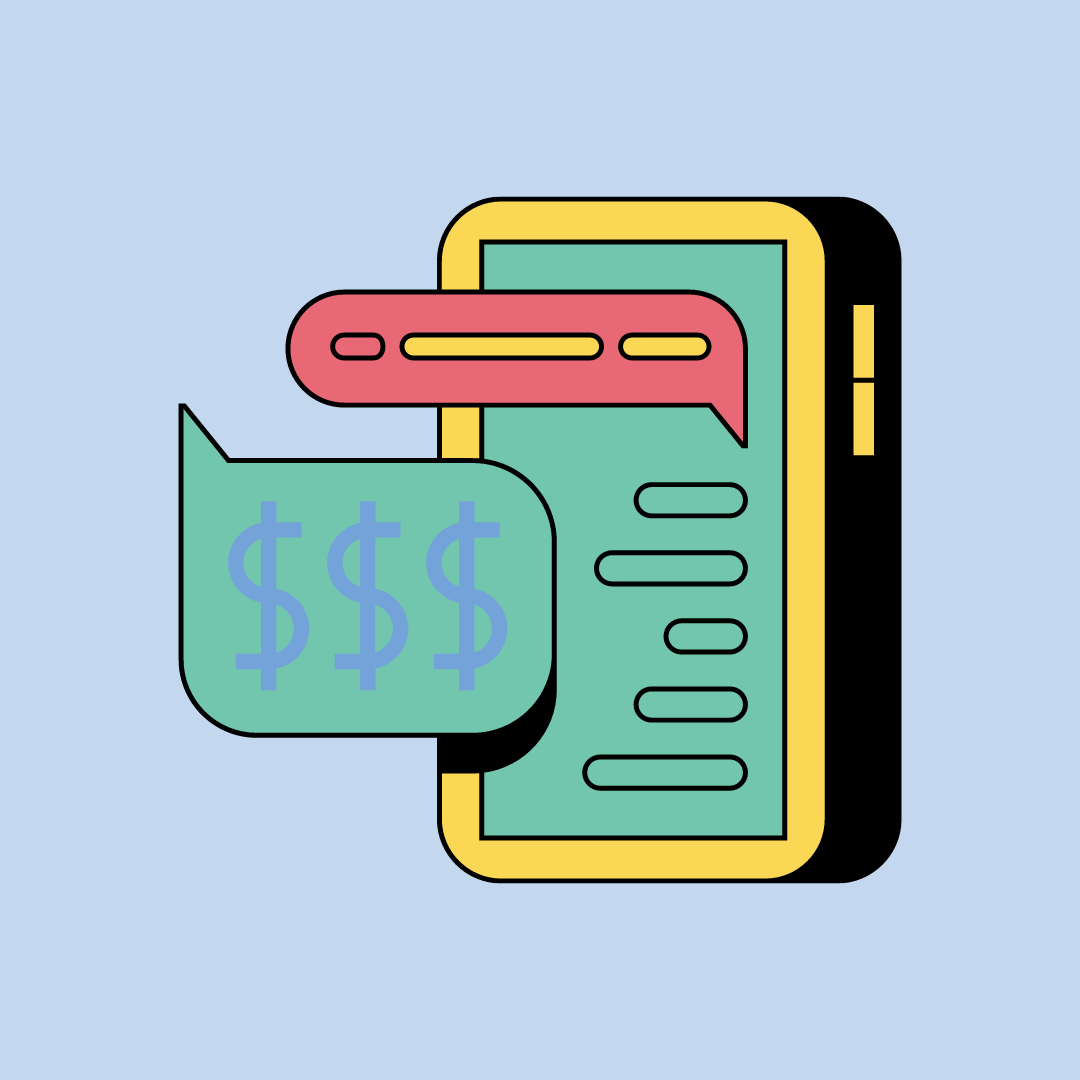The shift from physical to digital checks marks a significant transformation in financial services, driven largely by technological advances and the widespread adoption of mobile devices and online banking platforms. This transition reflects a broader trend in the digital age, where convenience and efficiency are paramount. The importance and benefits of having a checking account in this context cannot be underestimated, as it facilitates direct deposit and check deposit through ATMs, significantly saving users time and money.
Adaptation of banks and financial institutions
Banks and financial institutions have been at the forefront of this digital shift. Recognizing the needs and preferences of their customers, these institutions have invested heavily in the development of secure and easy-to-use online banking services and mobile applications. These platforms allow users to perform a wide range of transactions that traditionally required a visit to a bank branch. Now, customers can access their bank accounts and manage payroll checks through direct deposit, a feature that improves the efficiency of receiving paychecks and writing personal checks directly from their smartphones or computers. This functionality not only simplifies the process, but also makes it accessible anytime, anywhere, eliminating the physical limitations of traditional banking.
Convenience and accessibility
The integration of online and mobile banking solutions has made financial services more accessible, allowing users to perform transactions remotely. An example of this is the PayPal app, which allows users to deposit checks into their PayPal account using a photo, accessing their money for free within 10 days or immediately for a fee. This is particularly beneficial for users who need to deposit payroll checks without the delay of postal services or the inconvenience of visiting a physical bank or check cashing store. For people living in areas without easy access to traditional banking facilities or for those with mobility issues, these digital options provide essential financial access, enhancing the ability to manage personal finances efficiently.
Enhanced security features
Along with convenience, security is a priority in the evolution of digital check processing. Financial institutions have implemented sophisticated security measures to protect users and their transactions. These include encryption, two-factor authentication and secure socket layer technology (SSL), which protect data transmitted during online and mobile banking sessions. In addition, features such as automatic fraud detection systems monitor unusual activity, helping to prevent unauthorized access and transactions.
Verification processes for digital check transactions have also become more robust. Digital checks often require multi-factor authentication, which can include biometrics (such as fingerprint or facial recognition), security questions or mobile code confirmation. These layers of security help ensure that only authorized users can issue, cash or deposit checks, significantly reducing the risk of fraud.
The transition to digital check processing through online banking and mobile devices illustrates a broader trend in financial transactions toward greater technology integration, prioritizing user convenience and security. As this trend continues, we can expect these platforms to evolve further, offering more features and efficiencies to manage financial transactions in the digital age.

Navigating check cashing services and fees in the digital age
Traditional banks continue to offer check cashing services at their branches, but the rise of digital platforms has diversified how consumers can cash a check and access their money. For those without a bank account, a check cashing service provides a vital option for converting checks to cash, often at physical locations. Digital services like PayPal allow users to deposit checks directly into their PayPal accounts simply by taking a picture of the check, making the PayPal account an essential tool for digital check deposit. Mobile apps like Ingo Money offer similar services, allowing checks to be deposited directly to prepaid cards, PayPal accounts or even in the form of Amazon credits. These tools offer a level of convenience and speed that traditional banks often cannot match, as they avoid the need to visit a physical location.
Understanding check cashing fees
Each check cashing option has its own set of fees. Traditional banks may charge a fee to non-customers to cash checks, and these fees can be particularly high for personal or third-party checks. Grocery stores and check cashing stores typically charge a percentage of the check amount, which can vary widely depending on the type and amount of the check. Services such as Western Union also facilitate check cashing, but often with higher fees, especially for instant cash services.
Digital platforms vary in their fee structures. PayPal, for example, offers a free check deposit if the user is willing to wait a few days for the funds to clear, but a faster access option is available for a small fee. Ingo Money also charges fees for instant access but offers a no-fee option if the user is willing to wait for funds.
Reducing costs and increasing convenience with digital solutions
Digital solutions offer significant advantages in terms of reducing check cashing costs and increasing convenience. By allowing direct deposits into checking accounts or onto prepaid cards such as the Walmart MoneyCard, these digital platforms eliminate the need for physical check cashing locations. This not only saves on the cost associated with cashing checks at physical locations, but also reduces the time spent processing transactions.
In addition, the ability to deposit checks anytime, anywhere via a mobile device or computer means that funds are available faster and without the inconvenience or expense of traveling to a bank or check cashing store. This accessibility is particularly beneficial for people in remote areas or those with mobility issues, for whom visiting a physical location is a challenge.
In short, the digital transformation of check cashing services has provided consumers with a wider range of options to access their money quickly and securely, often at lower costs than traditional methods. The convenience of digital platforms extends to the ability to send money quickly and securely, further enhancing the user experience in managing financial transactions. As technology continues to advance, we can expect additional innovations that will improve the efficiency and convenience of these financial transactions.
The role of third-party checks in modern financial transactions
The handling of third-party checks and pre-printed checks is critical within the digital banking framework. These checks, essential for numerous transactions such as payroll and government payments, must be managed with strict security measures to ensure the integrity of financial processes.
Handling of third party checks
Third-partychecks involve the transfer of funds from the payor to an intermediary recipient, who then endorses the check to another party, known as a third-party check endorsement. This process is particularly useful when the original recipient needs to endorse a third-party check to someone else, either because they lack valid identification or face limitations that prevent them from cashing the check themselves. The complex nature of these transactions requires rigorous verification processes. Financial institutions require valid identification for anyone attempting to cash or deposit third-party checks to verify their legitimacy. Both the original recipient and the endorser must sign, explicitly authorizing the transfer of funds. This verification helps mitigate risks such as fraud, which are higher with third-party checks due to the multiple parties involved.
Preprinted check management
Preprinted checks are commonly used for direct deposits of payroll and government benefits. They include fixed details such as the name of the issuing bank, the amount and the recipient's account information, which are printed by the financial institution or company issuing the check. These checks are generally processed through specialized check cashing services, which use advanced digital scanning technologies to validate the check details against secure databases, ensuring that the payment comes from a legitimate source and is deposited into the correct bank account.
Modern check cashing solutions
Digital solutions have revolutionized the way checks are processed, improving convenience and reducing check cashing fees. Online banking platforms and mobile devices enable check deposit through mobile check deposit services. These platforms, such as those offered by banks and financial services like PayPal and Ingo Money, allow users to cash checks by taking a picture and uploading it through an app. This method not only streamlines the processing of two-party personal checks and government checks, but also speeds the availability of funds in checking accounts or on prepaid cards such as the Walmart MoneyCard.
In conclusion, the digital transformation in the handling of third-party and pre-printed checks is improving security, reducing fees and improving convenience across the board. This shift not only responds to the growing demand for more efficient financial services, but also reflects broader trends toward digitization in all aspects of banking and financial transactions.
Embracing digital change in check management
The transformation of check management in the digital age is a clear reflection of the broader trend toward technology-driven financial services. This evolution presents a unique mix of challenges and opportunities. As we have explored, the transition from physical to digital checks brings with it enhanced security, greater convenience and significant cost savings, making it an indispensable trend for consumers and financial institutions alike.
The future of check management depends on further integration of innovative technologies. Banks and financial institutions are continually improving their digital services to offer users more seamless experiences. Innovations such as blockchain and artificial intelligence are poised to redefine security and efficiency in financial transactions, offering even more robust protections against fraud and error.
For individuals, the ability to manage checks through mobile devices and online platforms means easier access to their finances, less time spent on manual processes and a reduction in fees associated with traditional check cashing services. For businesses and financial institutions, digital check processing reduces administrative burdens and speeds the flow of capital, improving economic efficiency.
In short, managing checks in the digital age involves a dynamic mix of adapting to current technologies and anticipating the future needs of the financial market. This continuous evolution promises to make financial management more accessible, secure and efficient for all involved.












.svg)